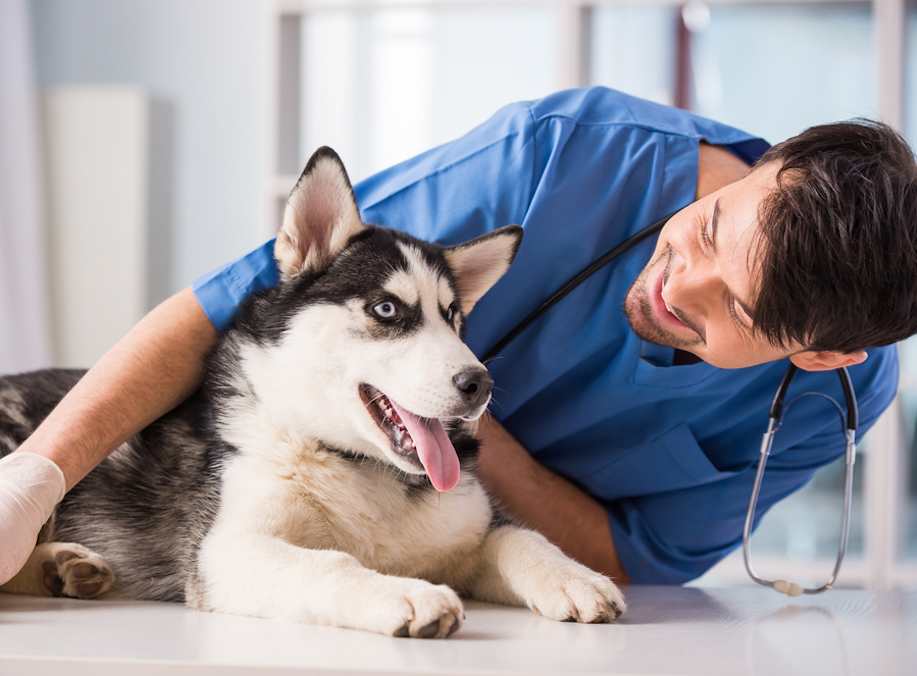One of the first questions dog owners tend to ask veterinarians when discussing whether to do a genetic health screening on their dog is, “Will this affect my dog’s ability to get pet health insurance if the screening reveals an at-risk condition?” Dog owners also ask, “Can genetic test results be considered proof of pre-existing conditions?” Let’s take a look at the answers.
Pet health insurance coverage
Currently, pet health insurers we surveyed are saying that genetic health screening will not prevent a dog owner from getting their pet an insurance policy. Insurance companies do not consider genetic screening results during the application process when applying for coverage. They ask for other things like a dog’s age, breed, and any known pre-existing conditions or diagnoses that the dog had before insurance coverage began. Genetic health screening is considered a prognostic test, not a diagnostic test. Only a vet can diagnose a condition, illness, or disease.
What are pre-existing conditions?
Pre-existing conditions can be an injury or illness that a dog had signs or symptoms of before getting insurance coverage. They can be conditions that a veterinarian had previously diagnosed in a dog. Most policies contain a waiting period, which varies by the insurance companies, to see if the dog has any pre-existing conditions. Genetic health screening, which determines if a dog is clear, a carrier, or at risk of developing a condition in the future, is not used to determine a pre-existing condition at this time.
The good news is that most insurance policies will cover any new issues that arise from a dog’s pre-existing condition. For example, if an older dog had previously sprained their knee and then later developed hip dysplasia, an insurance company would see the disconnect between the two conditions and cover the hip dysplasia issues later in the dog’s life. It’s always a good idea to check with the insurance provider for specific coverage details.
Remember, a dog has to show signs or symptoms of a condition or be diagnosed by a vet to have a pre-existing condition. Having an at-risk result in a genetic screening test is not a sign or a symptom of a disease. If you’re a vet, you may want to advise your clients to obtain pet health insurance first if they are worried about an individual policy not covering an at-risk result. Owners will embrace the opportunity to be a responsible dog owner since this additional genetic information will help vets make informed clinical care plans for their patients.
To learn more about adding genetic health screening to your practice, visit Embark for Veterinarians.













